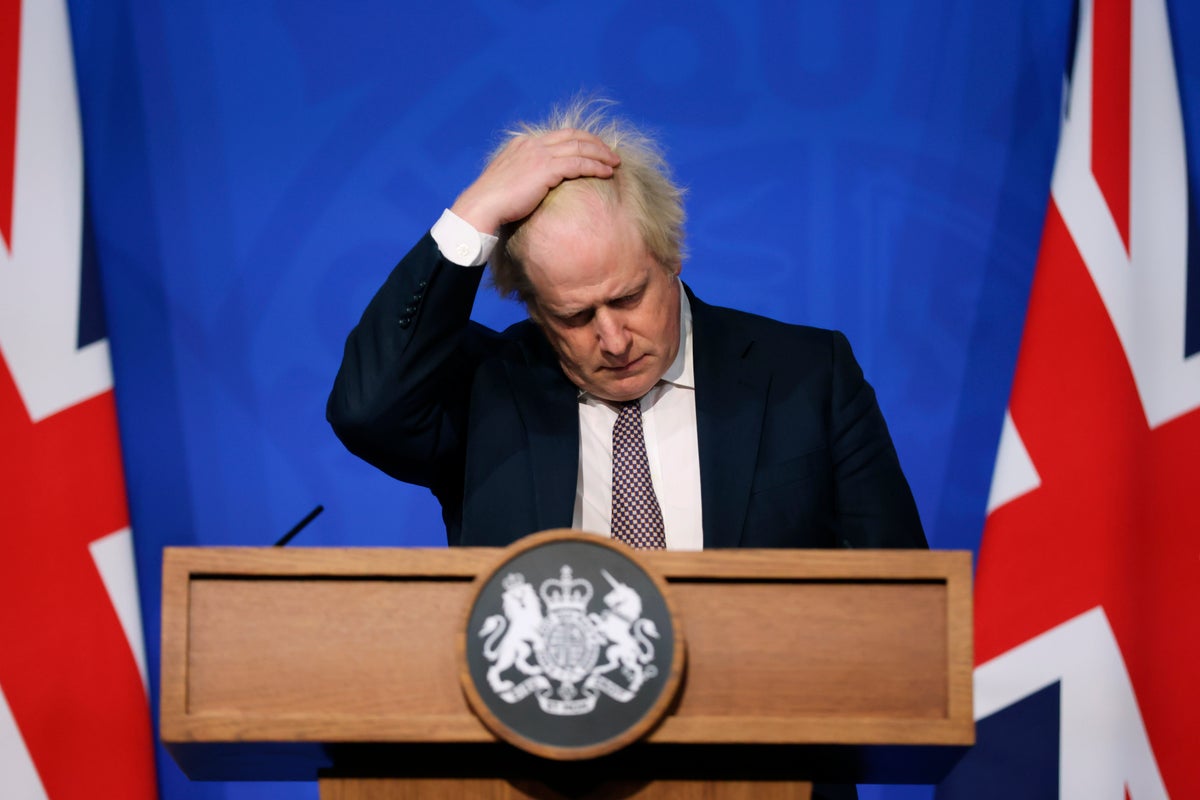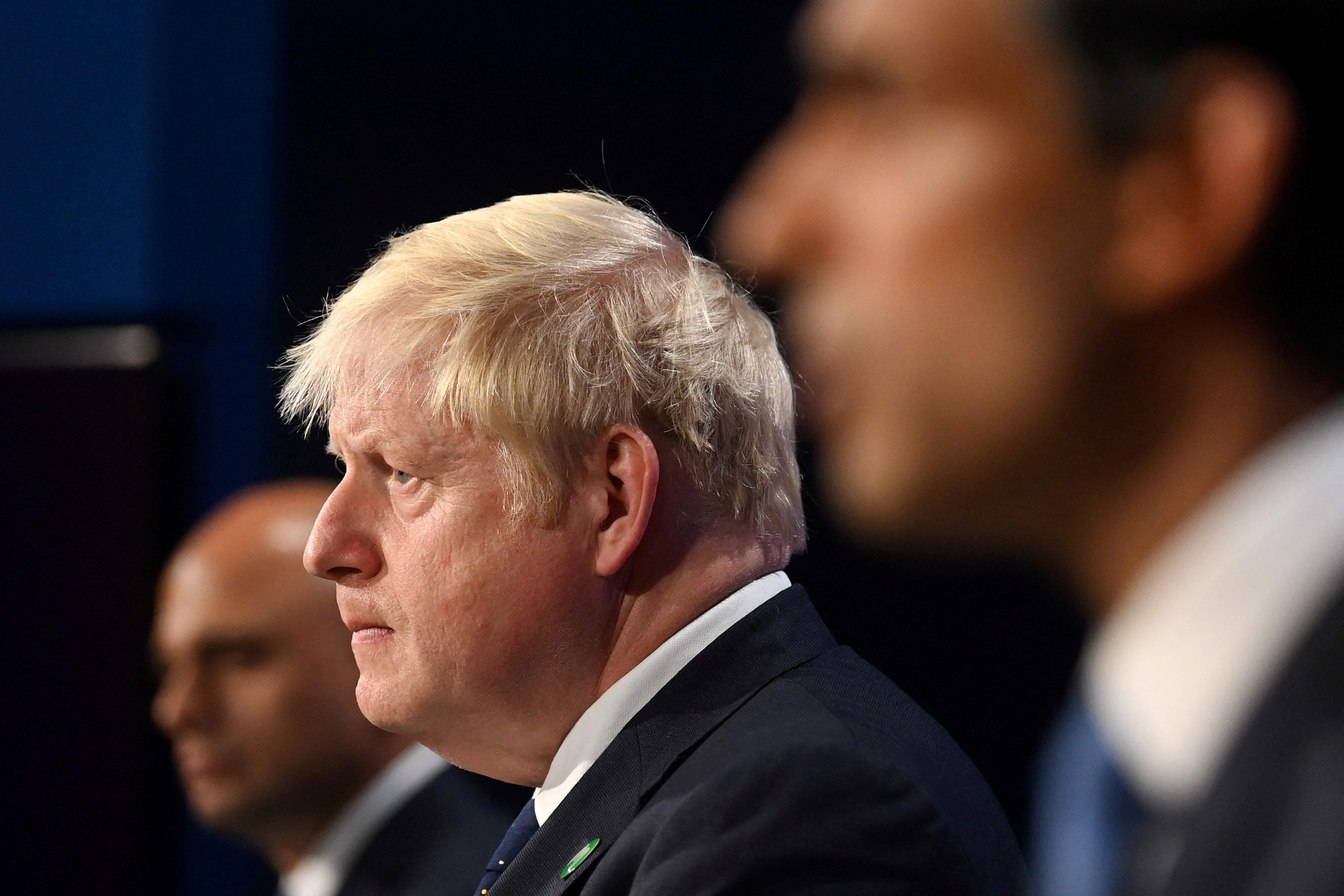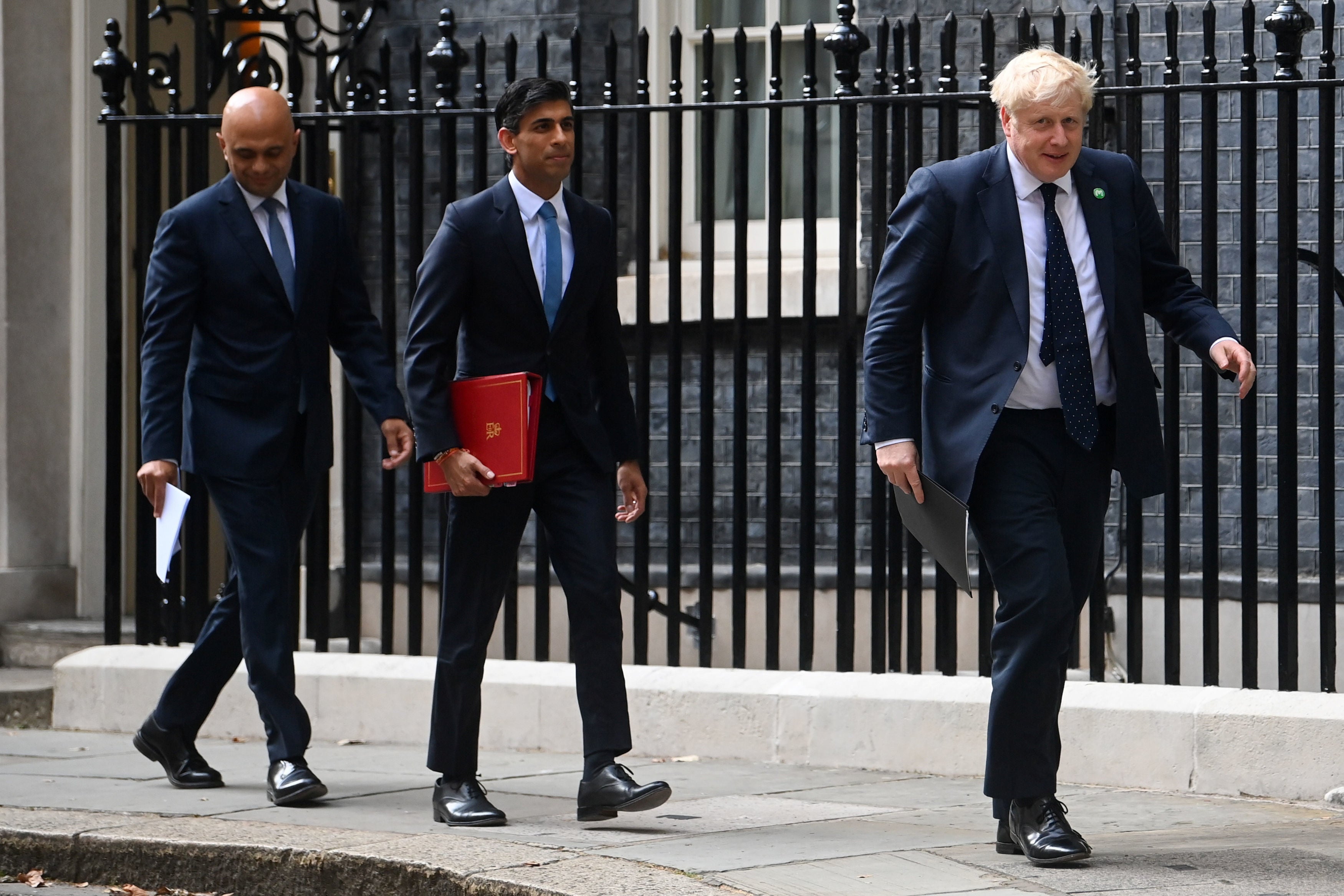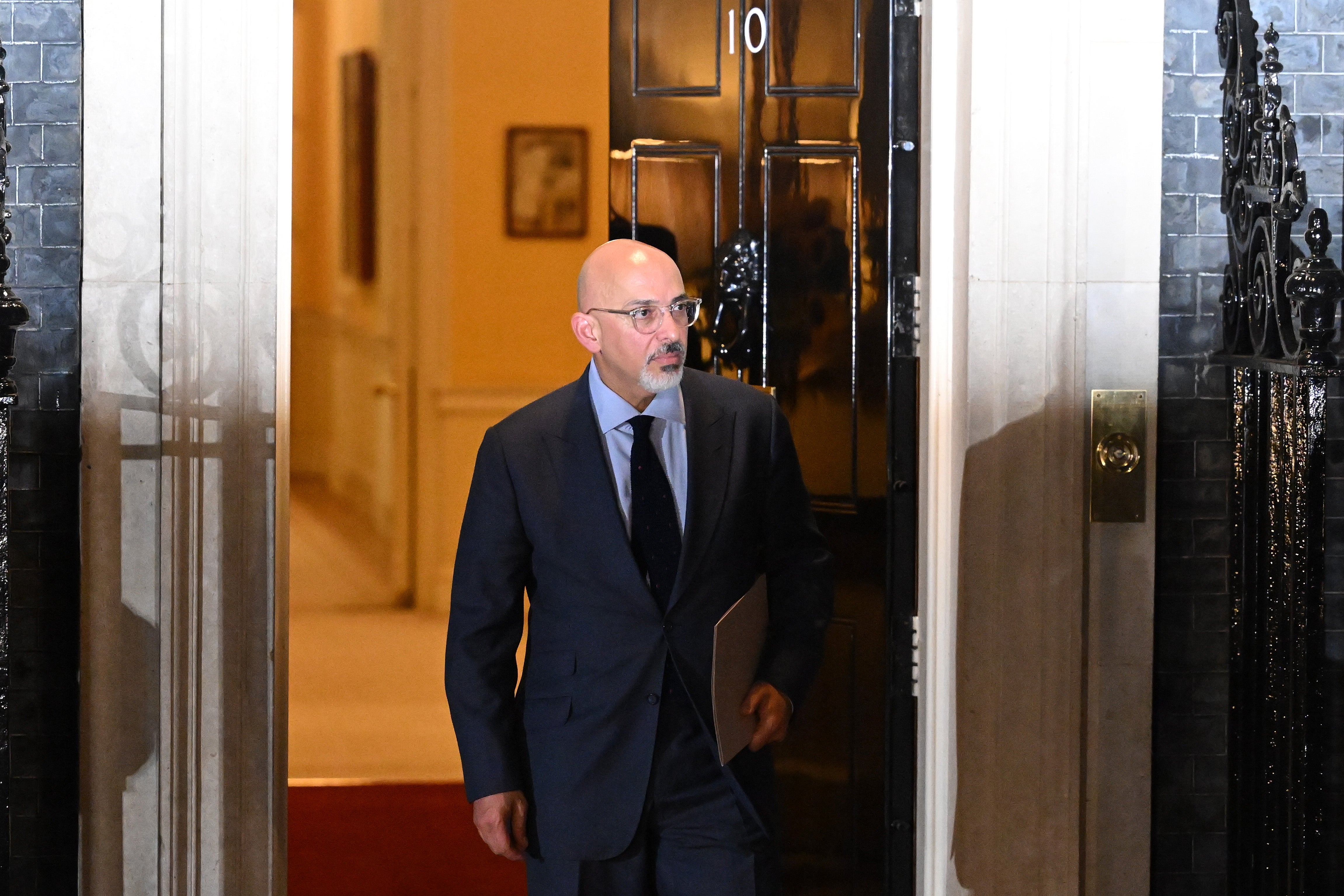
With Boris Johnson battling to shore up his premiership after multiple ministerial resignations, foreign media are trying to assess how much longer the British PM will be in power.
Some commentators are certain that the latest events are the nail in the coffin for Mr Johnson’s leadership. However, others are wary of predicting the fall of a leader who has miraculously survived multiple scandals and determinedly clung on as prime minister.
“Boris Johnson’s reign is in free-fall”, was the assessment of Rob Harris in the Sydney Morning Herald.
In a stinging critique, the paper’s Europe correspondent said that Mr Johnson’s authority had “evaporated”. He wrote that in the face of the Chris Pincher allegations Mr Johnson decided to “cover up and conceal in an attempt to avoid confronting the situation”.

“All Johnson’s missteps have basically been the same offence,” he continued. “A complete disregard for the ethics that come with his office.”
The New York Times, in its write-up of the past few days events, said that Mr Johnson is “in greater political peril than at any other time in tumultuous three-year tenure in Downing Street”.
They wrote that Mr Johnson’s “political invincibility has been shattered”.

The Washington Post, however, went for an almost exasperated intro to its story of Mr Johnson losing two of his top ministers.
“British prime minister Boris Johnson, who seems to have spent half of his premiership apologising for something, is in hot water again. Big time,” Karla Adam and William Booth wrote.
They explained: “Some critics say it’s curtains for this prime minister. But his demise has been predicted many times before.”
“Until now, Boris Johnson seemed able to withstand all scandal. Will the latest – a lie about the inappropriate actions of a Conservative MP – be the straw that breaks the camel’s back?” asked French newspaper Le Monde.

Italian paper La Stampa wrote that Mr Johnson was “facing the deepest crisis since winning the 2019 general elections”. It added: “Today a day of fire is expected, first the usual ‘question time’ in the House of Commons and then before the Liaison Committee.”
Spanish paper El Pais had kind words for Nadhim Zahawi, describing the new chancellor as a “very prestigious politician”.
“With Zahawi at his side, he may survive, at least until after summer”, was their assessment.







